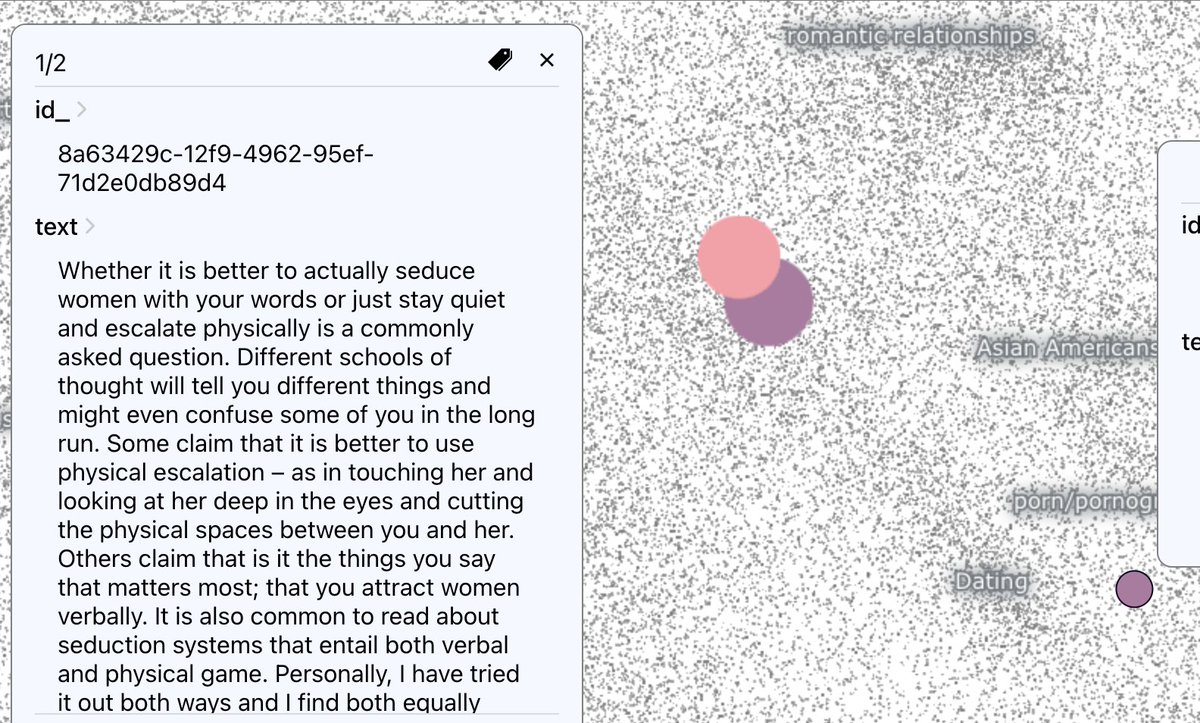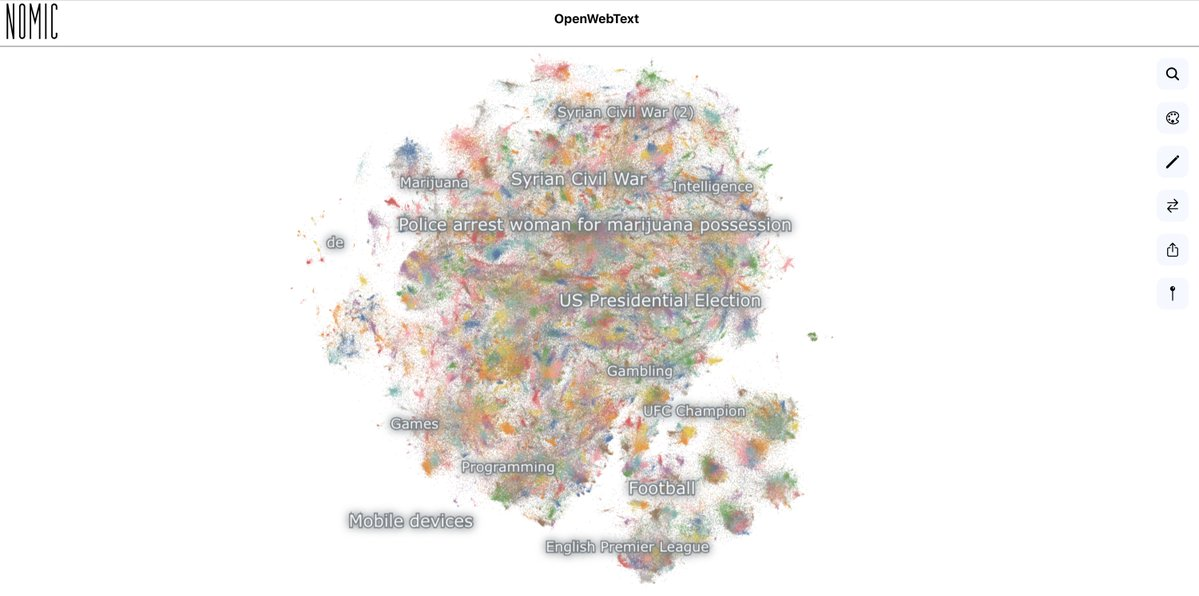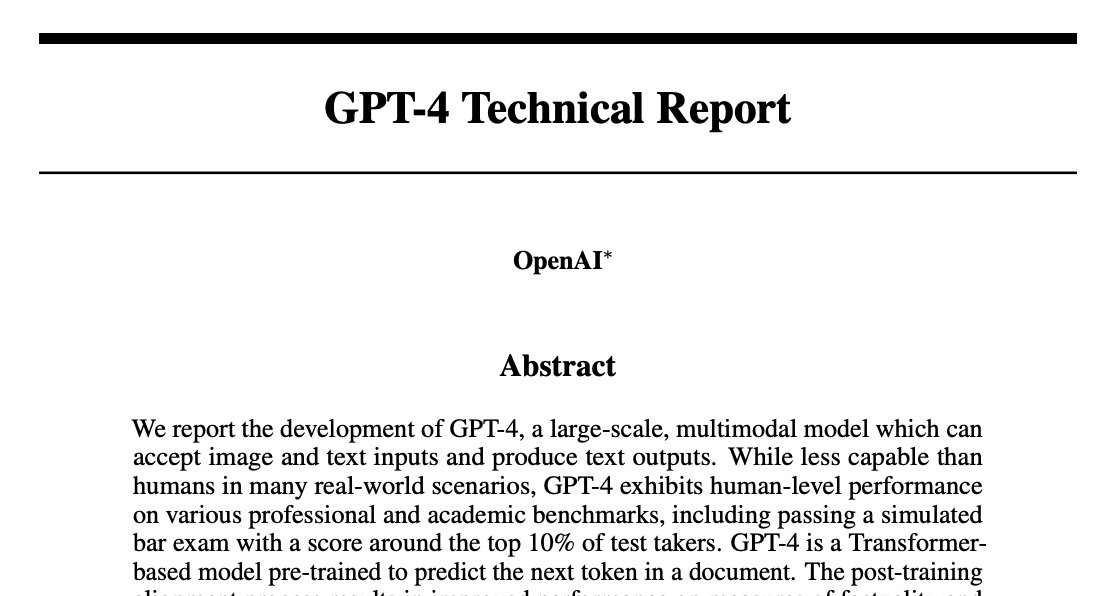Calling it shut on OpenAI
This is a Twitter thread from March 14 that I’m cross-posting here. Nothing massively original below. It went viral because I was one of the first to extract the ridiculous paragraph below from on the release of GPT-4, and because it expresses some widely shared concerns.
I think we can call it shut on ‘ Open ’ AI: the 98-page paper introducing GPT-4 proudly declares that they’re disclosing nothing about the contents of their training set.
Given both the competitive landscape and the safety implications of large-scale models like GPT-4, this report contains no further details about the architecture (including model size), hardware, training compute, dataset construction, training method, or similar.
We are committed to independent auditing of our technologies, and shared some initial steps and ideas in this area in the system card accompanying this release.2 We plan to make further technical details available to additional third parties who can advise us on how to weigh the competitive and safety considerations above against the scientific value…
Why should you care? Every piece of academic work on ML datasets has found consistent and problematic ways that training data conditions what the models outputs. ( @safiyanoble , @merbroussard , @emilymbender , etc.) Indeed, that’s the whole point! That’s what training data is!
Choices of training data reflects historic biases and can inflict all sorts of harms. To ameliorate those harms, and to make informed decisions about where a model should not be used, we need to know what kinds of biases are built in. OpenAI’s choices make this impossible.
Neural networks like GPT-4 are notoriously black boxes; the fact that their operations are unpredictable and inscrutable is one of the most important questions about whether and where they should be used. And now OpenAI is planting a standard to extend that mystery farther.
Their argument is basically a combination of ‘ trust us ’ and ‘ fine-tuning will fix it all. ’ But the way they’ve built corpora in the past shouldn’t inspire trust. When OpenAI launched GPT-2, their brilliant idea was to find ‘ high quality ’ pages by using Reddit upvotes.
That probably beats the morass of regular web text, but the idea of Reddit upvotes as the gold standard for quality is–distopian? Last week we made a map of the open recreation of this corpus, OpenWebText– it’s crazy easy to find awful stuff. Try it! Common Crawl OWT Atlas Map

For GPT-3 that set served as a standard to filter sites out from the Common Crawl. We made a map of the Pile reproduction of that. I have no idea if OpenAI filtered stuff like the below out, or if r/the_donald gave it upvotes in the day. Neither do you. Common Crawl 8M Atlas map
Here’s a link to the paper. The whole thing is an fascinating artifact–it looks like an arxiv paper using the neurips latex template ( @andriy_mulyar pointed this out), but it’s posted on their own web site and is authored by a company, not people. https://cdn.openai.com/papers/gpt-4.
One last point from the comments: it’s hard to believe that ‘ competition ’ and ‘ safety ’ are the only reasons for OpenAI’s secrecy, when hiding training data makes it harder to follow the anti-Stability playbook and sue them for appropriating other’s work. More on the stability lawsuit